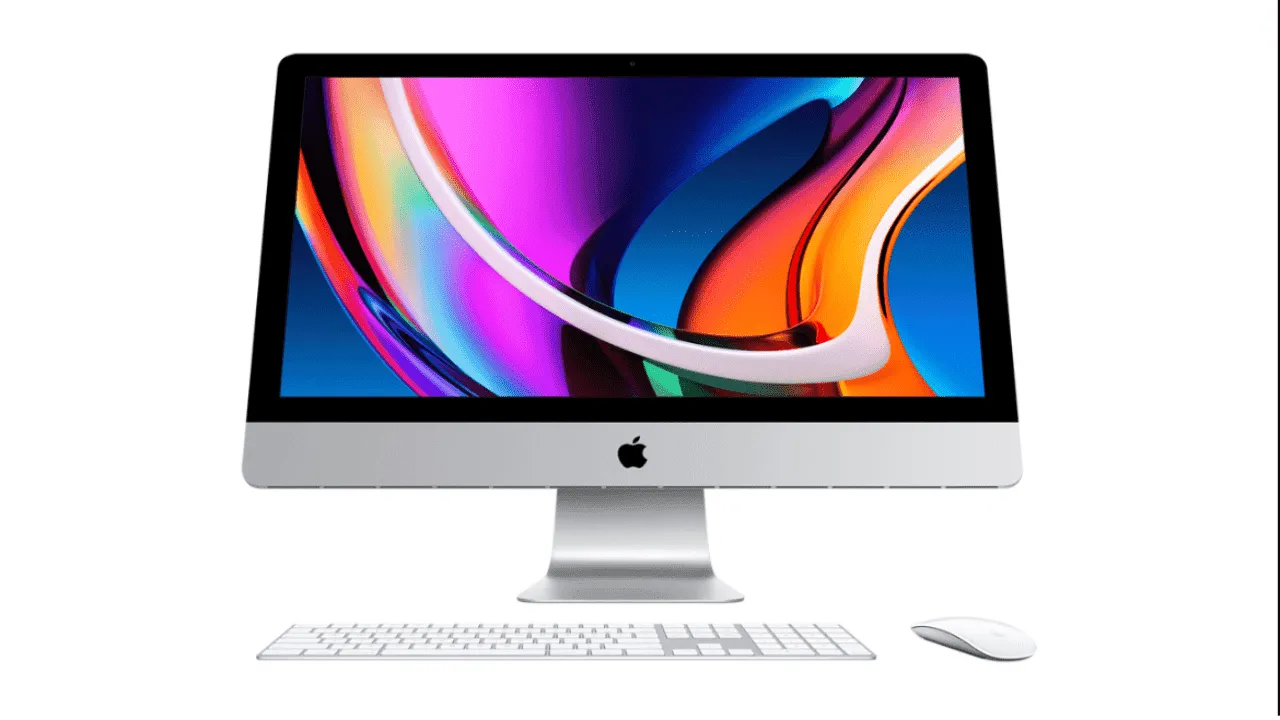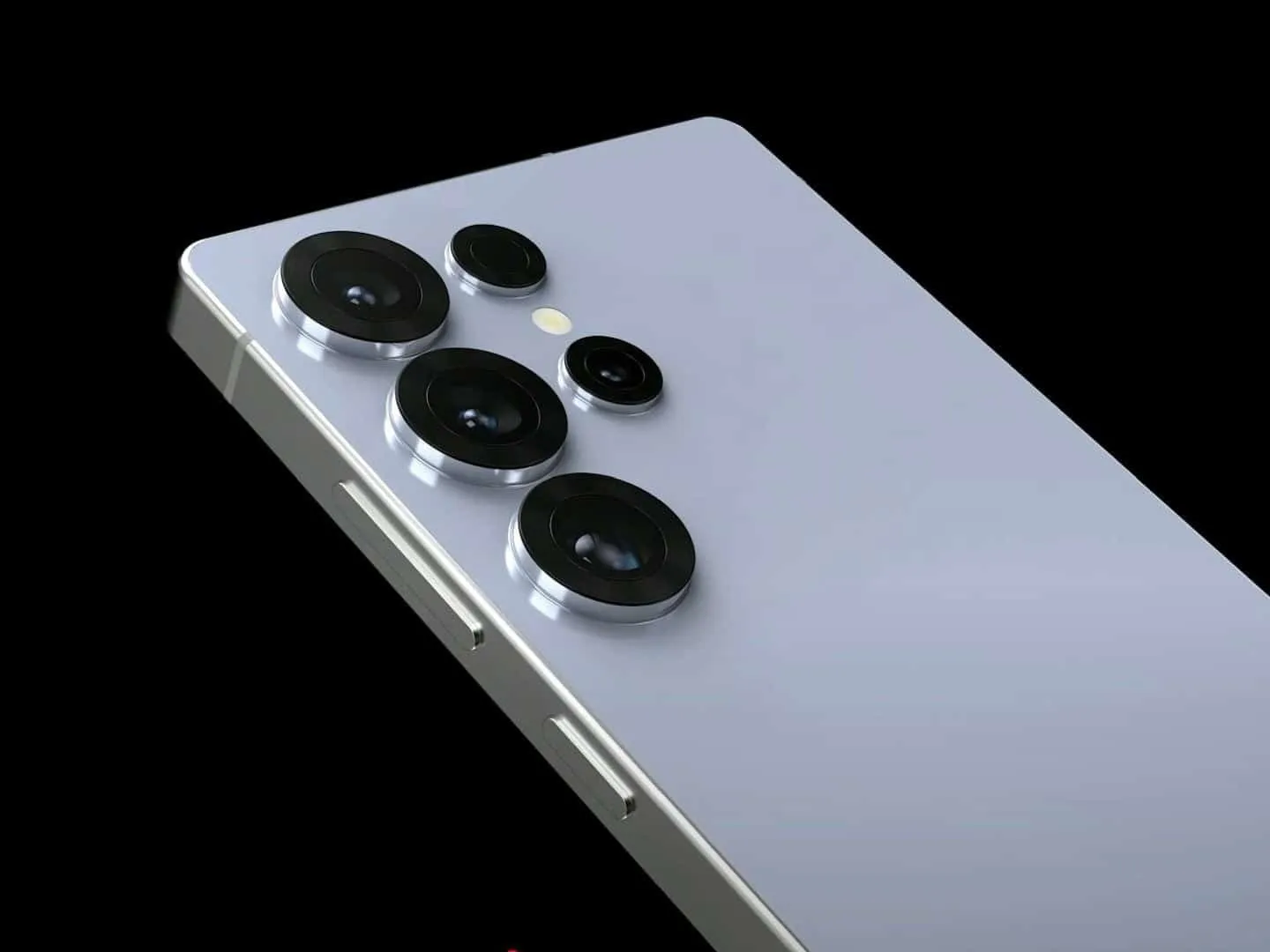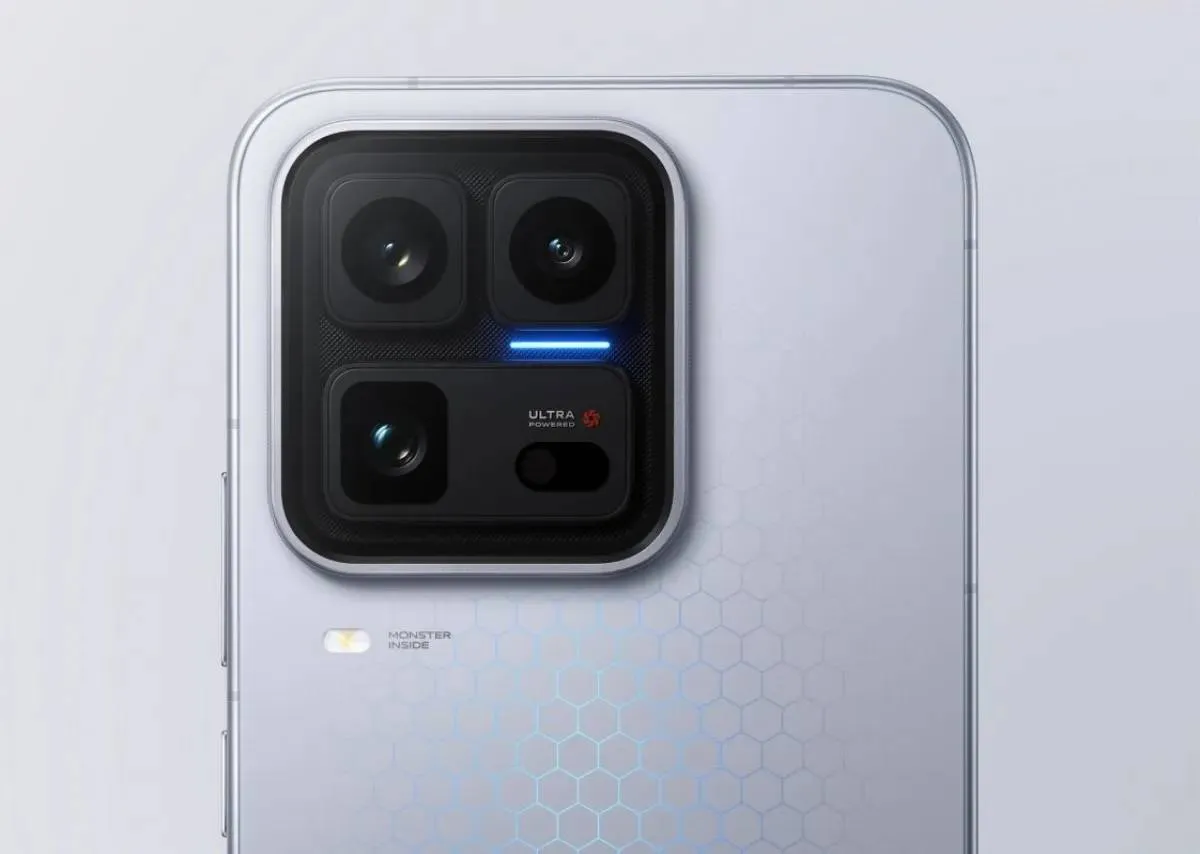
Reportedly, Apple is delaying the launch of its new iMac 2023 to the last half of 2023. Mark Gurman of Bloomberg has revealed this news. In his recent newsletter, he reveals that the company is planning to discontinue its idea of integrating the M2 chip into its new iMac Pro. Instead, the tech giant is working on releasing the flagship device with an M3 chip.
However, we are yet to receive the exact new iMac release date from the company. Moreover, we do not have any information about the possible features. Mr. Gurman writes,
"I haven't seen anything to indicate there will be a new iMac until the M3 chip generation, which will arrive by the tail end of this year at the earliest or next year. So, if you want to stick with the iMac, you'll just have to sit tight."
The New iMac 2023 Will Be Very Powerful…
Previously, rumors suggested that the device would have an M2 chip. This means that the company intends to make it powerful. Now, the company has changed its plan and will introduce the M3 chip. TSMC will be developing the M3 chip for Apple, thanks to its latest 3nm process.
Ultimately, users can enjoy power efficiency and performance improvements in the new iMac 27. Furthermore, this chip is also expected to use in the new MacBook Air that will be on the market in the second half of the current year. The same chip will also be integrated into the future MacBook and Mac Mini.
It is worth mentioning that the M2 chip was built on a second-generation 5nm process of TSMC. Earlier, the company released its iMac in 2021 with the M1 chip. The ultra-thin iMac 2021 is available in seven colors: yellow, green, blue, silver, pink, orange, and purple.
As of now, it is the only iMac available in stores. The reason is that Apple discontinued its Intel-based 27-inch iMac and iMac pro. Gurman says that the larger iMac could return, but there is no news about them. Similarly, the question, “when is the new iMac coming out?” still remains valid. The new iMac release date will remain a mystery till the company speaks something about it.
Popular News
Latest News
Loading





